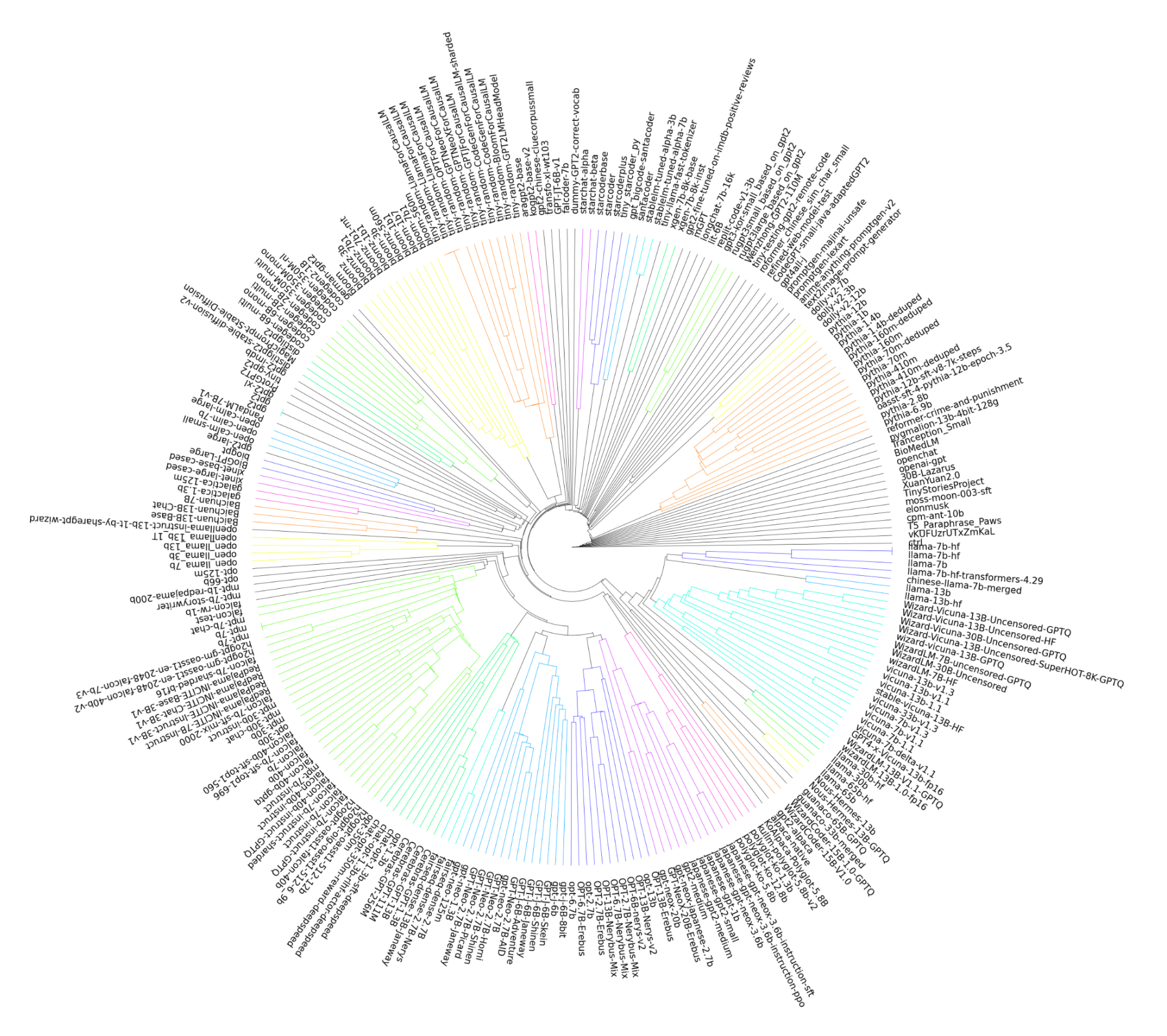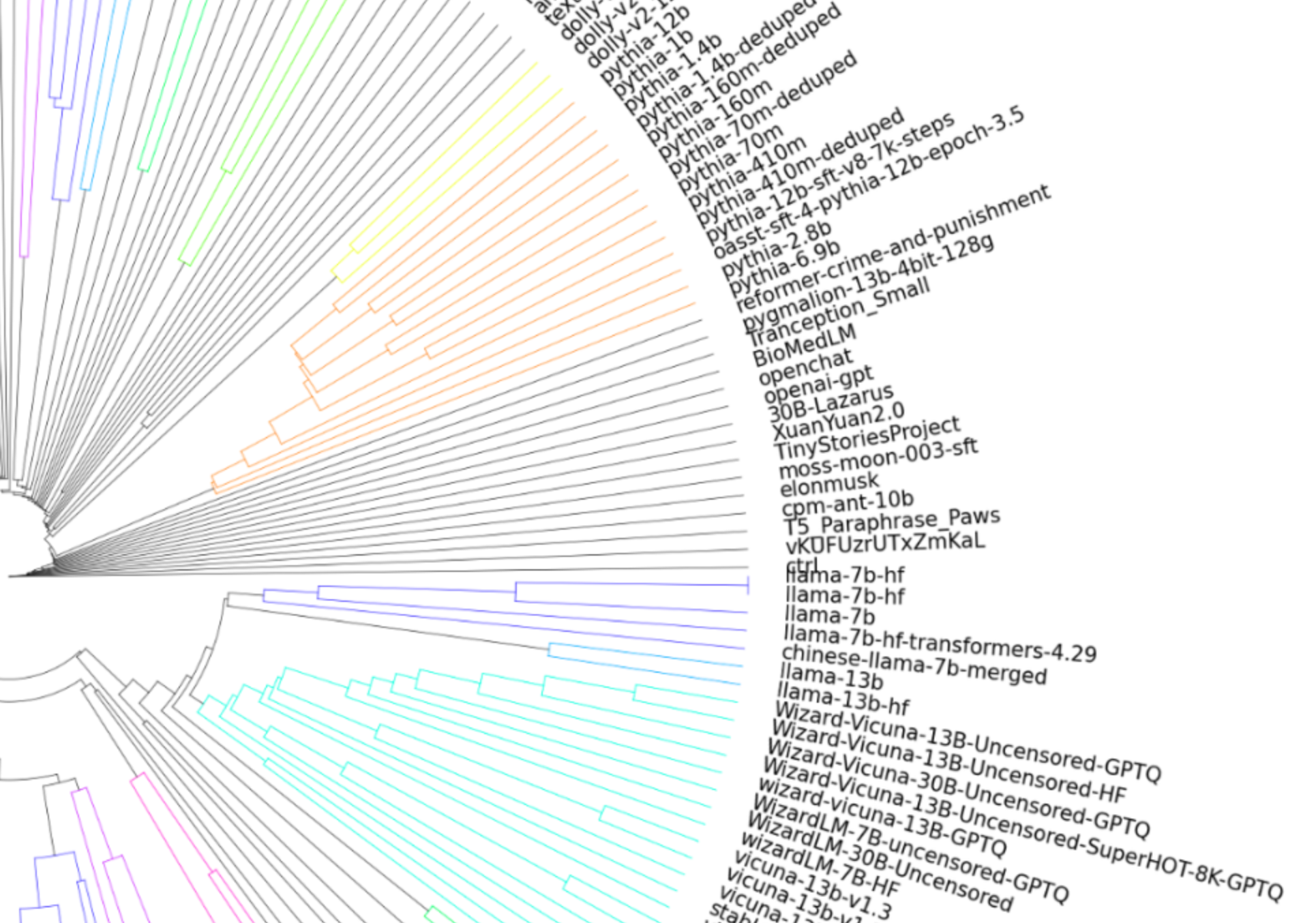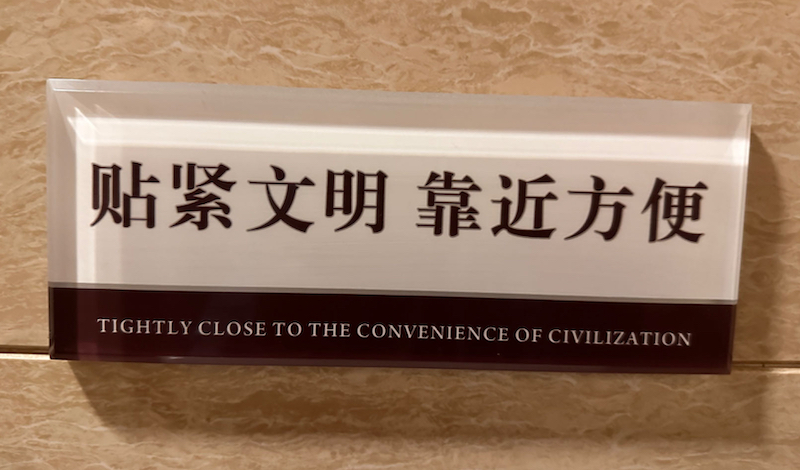Is there no / any longer a reason / need to learn a foreign language?, part 2
People, including serious linguists, are beginning to wonder:
John McWhorter, "Are translation apps making the learning of foreign languages obsolete?", NYT 7/25/2023
I remember a time, not too long ago, when John was making a serious effort to learn Mandarin, because he often asked me cogent questions about the language and wanted to know the best methods for learning it.
…
What we can learn from the Tower of Babel
In Europe, nine out of 10 students study a foreign language. In the United States, only one in five do. Between 1997 and 2008, the number of American middle schools offering foreign languages dropped from 75 percent to 58 percent. Between 2009 and 2013, one American college closed its foreign language program; between 2013 and 2017, 651 others did the same.
At first glance, these statistics look like a tragedy. But I am starting to harbor the odd opinion that maybe they are not. What is changing my mind is technology.
Read the rest of this entry »






